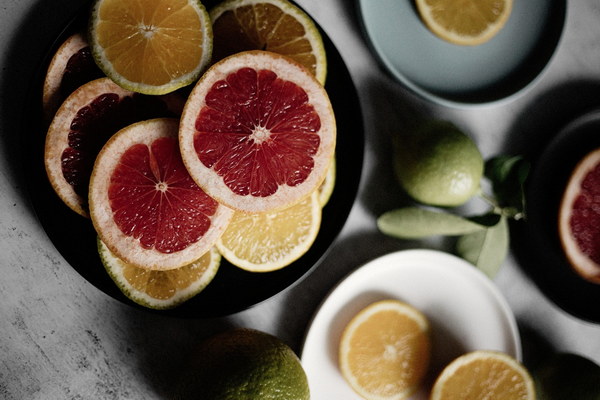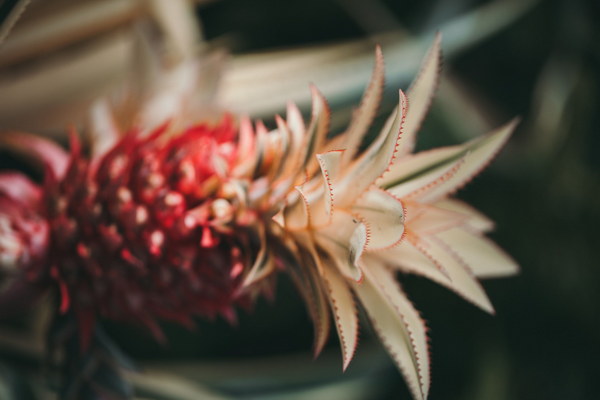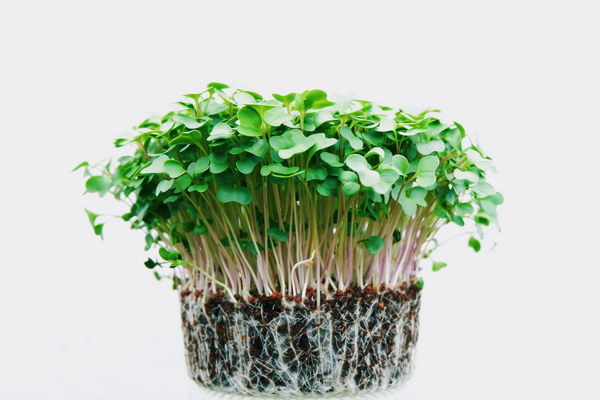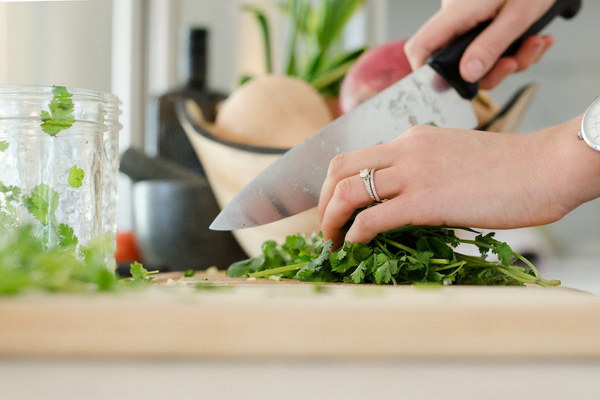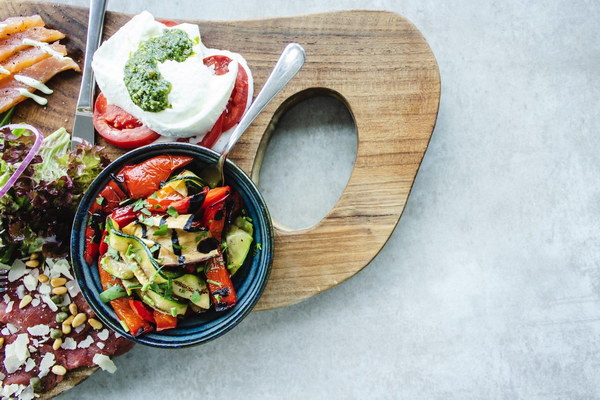How to Expel Dampness for People with Spleen and Stomach Coldness Traditional Chinese Medicine Approaches
In traditional Chinese medicine, individuals with spleen and stomach coldness often experience dampness in their bodies, leading to discomfort and various health issues. This article aims to explore effective ways to expel dampness in people with spleen and stomach coldness, drawing from the principles of traditional Chinese medicine.
1. Understanding Spleen and Stomach Coldness and Dampness
Spleen and stomach coldness refer to a condition where the spleen and stomach are weakened, resulting in poor digestion and absorption of nutrients. This condition can be caused by factors such as excessive intake of cold and raw foods, poor diet, or stress.
Dampness, on the other hand, is a concept in traditional Chinese medicine that refers to an excess of moisture in the body, which can lead to various health problems. Dampness can be caused by external factors such as humidity, damp weather, and internal factors such as spleen and stomach coldness.
2. Herbs and Natural Remedies for Expelling Dampness
Herbal medicine is a key component of traditional Chinese medicine for treating spleen and stomach coldness and dampness. Here are some commonly used herbs and natural remedies:
a. Astragalus (Huang Qi): Astragalus is known for its immune-boosting properties and is often used to strengthen the spleen and expel dampness.
b. Codonopsis (Dang Shen): Codonopsis is another herb that can boost the spleen and expel dampness, improving overall energy levels.
c. Poria (Fu Ling): Poria is a natural diuretic that helps to eliminate dampness from the body, reducing symptoms such as fatigue and bloating.
d. Atractylodes (Cang Zhu): Atractylodes is a traditional Chinese medicine herb that can effectively expel dampness and improve digestion.
e. Cinnamon (Rou Gui): Cinnamon can help warm the spleen and stomach, reducing dampness and alleviating symptoms such as cold hands and feet.
3. Dietary Adjustments
Diet plays a crucial role in managing spleen and stomach coldness and dampness. Here are some dietary recommendations:
a. Avoid cold and raw foods: These foods can exacerbate spleen and stomach coldness, leading to increased dampness. Instead, opt for warm, cooked meals.
b. Increase consumption of warming foods: Foods such as ginger, garlic, and black sesame seeds can help warm the spleen and expel dampness.
c. Eat in moderation: Overeating can lead to dampness, so it's essential to eat in moderation and avoid overindulgence.
d. Include a variety of nutrients: A balanced diet rich in vitamins, minerals, and fiber can help support the spleen and stomach, reducing dampness.
4. Lifestyle Modifications
Lifestyle changes can also contribute to reducing dampness and alleviating symptoms of spleen and stomach coldness:
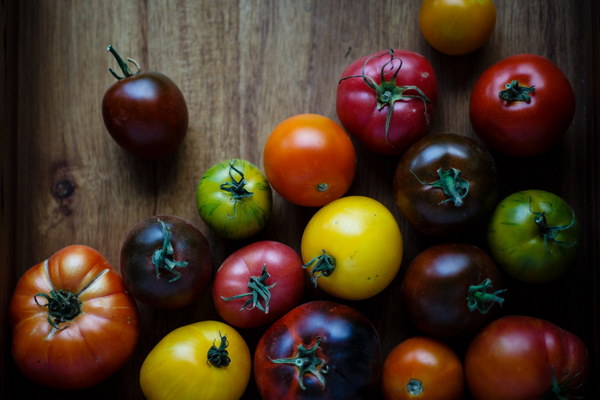
a. Regular exercise: Exercise helps improve circulation, reducing dampness and boosting overall energy levels.
b. Adequate sleep: Ensure you get enough sleep, as poor sleep can weaken the spleen and lead to increased dampness.
c. Stress management: Stress can exacerbate spleen and stomach coldness, so it's important to find healthy ways to manage stress, such as meditation, yoga, or hobbies.
d. Avoid damp environments: Limit exposure to damp environments, such as rainy weather or poorly ventilated spaces, to prevent the accumulation of dampness in your body.
In conclusion, expelling dampness in people with spleen and stomach coldness involves a combination of herbal medicine, dietary adjustments, and lifestyle modifications. By incorporating these traditional Chinese medicine approaches into your daily routine, you can effectively reduce dampness and improve your overall health and well-being.
